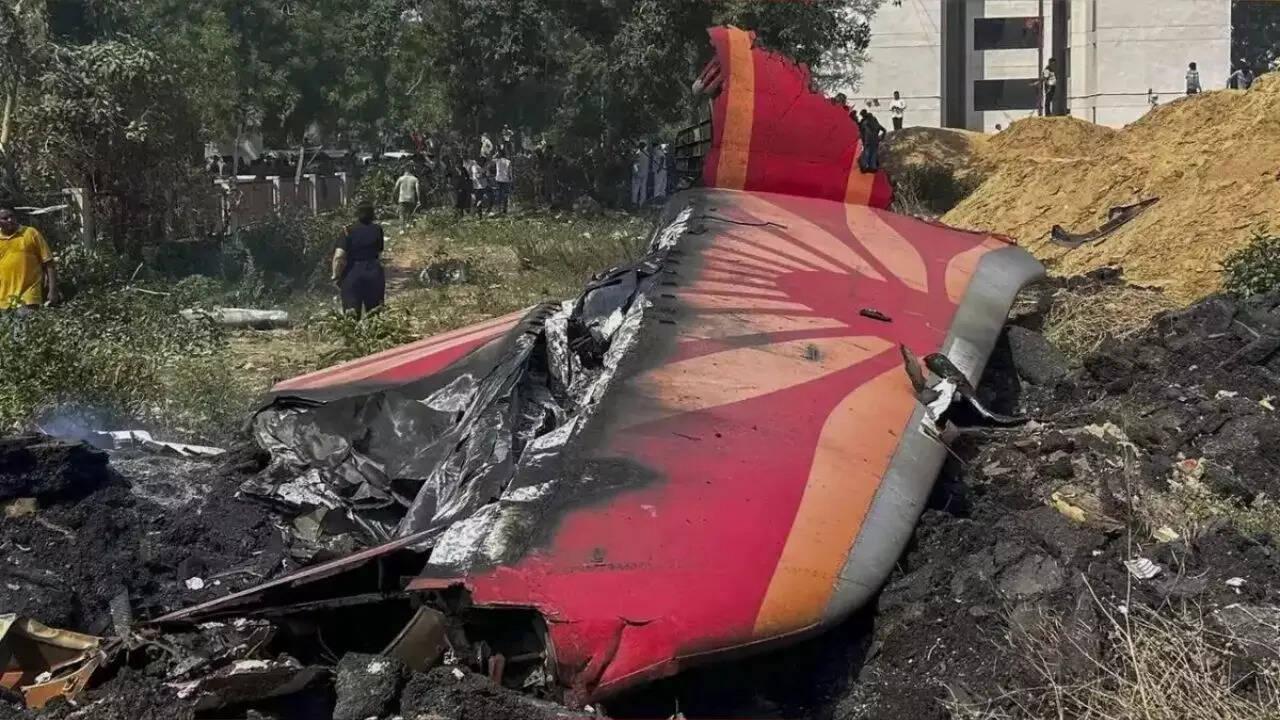 Image Source: Times Of India
Image Source: Times Of India
Key Highlights
The recent Air India crash in Ahmedabad, resulting in the deaths of over 260 people, has led to a dramatic rise in flight-related anxiety—even among frequent and seasoned travelers
Psychiatrists and mental health specialists across major cities report a marked increase in aviation anxiety cases, with therapy centers experiencing record inquiries and enrollments for fear-of-flying sessions
Social media amplification of crash footage, combined with subsequent minor aviation incidents, has fueled persistent concerns and phobia
Industry response includes a growing push for structured support systems and post-trauma mental health initiatives for both passengers and airline staff
A Nation Gripped by Newfound Fear After Air Disaster
The Air India Boeing 787 Dreamliner crash on June 12, 2025, shattered the nation’s confidence in air travel, even as investigations continue to determine the blend of pilot error and mechanical issues responsible for the catastrophe. According to mental health professionals, the psychological fallout has been swift and pervasive: individuals who previously flew frequently or claimed immunity to aviation stress are now grappling with a persistent sense of threat before, during, and even after their flights.
Mental Health Fallout: Anxiety Soars Among Frequent Flyers
Leading psychiatrists such as Dr Shefali Batra and Dr Anjali Chhabria in Mumbai report a doubling of patient consultations regarding flight anxiety, a trend echoed nationwide
Inquiries at Cockpit Vista, India’s only “fear of flying” center in Bengaluru, have increased tenfold since the crash, with many clients being high-achieving professionals or tech-savvy travelers
The fear often manifests as panic, insomnia, avoidance behavior (postponing trips, switching to trains), and even physical symptoms like rapid heartbeat or sweating at the boarding gate
Mental health experts attribute the spike not just to the tragedy itself, but to the relentless stream of crash-related images and alarming updates on social platforms, which keep the trauma fresh and make the skies feel ever more dangerous
Amplifiers of Anxiety: Social Media, Recurring Incidents, and Loss of Trust
Continuous sharing of distressing CCTV crash footage online has deeply affected both those physically present and those far removed, with some individuals developing obsessions with flight updates or chronic insomnia
Stories have emerged of travelers rescheduling or canceling flights, requesting change of airline or aircraft manufacturer, and in some cases demanding to leave planes moments before pullback
Minor aviation incidents since the crash—including emergency landings and technical diversions—have further eroded confidence, leading couples to book separate flights as a risk mitigation strategy
Not Just Beginners: Why Even Seasoned Travelers Succumb
Contrary to popular belief, those hit hardest by post-crash anxiety include frequent business travelers, engineers, and executives, who are used to being in control and find the enforced surrender to airline protocol especially challenging
Experts say that flight phobia isn’t just panic attacks; it can alter plans, relationships, and even life choices—yet often goes unspoken due to stigma
In a typical 180-seater aircraft, it’s estimated that up to 40% of passengers are silently struggling with varying degrees of aviation anxiety
Industry and Institutional Response
In the aftermath, there has also been an unprecedented spike in Air India pilots reporting sick—112 pilots called in unfit in one day, far above average, as the grief and secondary stress extended to cockpit staff
The Directorate General of Civil Aviation (DGCA) has instructed Indian airlines to ramp up mental health support, mandating post-trauma counseling and confidential peer support programs for pilots and crew
Structured therapy—including flight simulator exposure, cognitive behavioral strategies, and peer-supported group programs—has seen growing uptake among affected travelers
Coping and the Path Forward
Experts urge those struggling with fear of flying to recognize and address symptoms early, seeking professional help if anxiety starts impacting daily routines or leads to avoidance
Strategies suggested include limiting media exposure to aviation disasters, building mental preparedness, and using graduated exposure therapies
Calls are growing for more formal support programs by airlines in India, mirroring overseas carriers, to normalize and support the journey of anxious flyers back to the skies
Conclusion
The Air India crash of June 2025 has sent shockwaves through India’s high-flying public and even airline professionals, bringing the undercurrent of flight anxiety to the fore. As more travelers acknowledge their struggles, the crisis could well spark overdue improvements in mental health awareness and support across the aviation industry.
Sources: The Economic Times, Times Now
Advertisement
Advertisement





